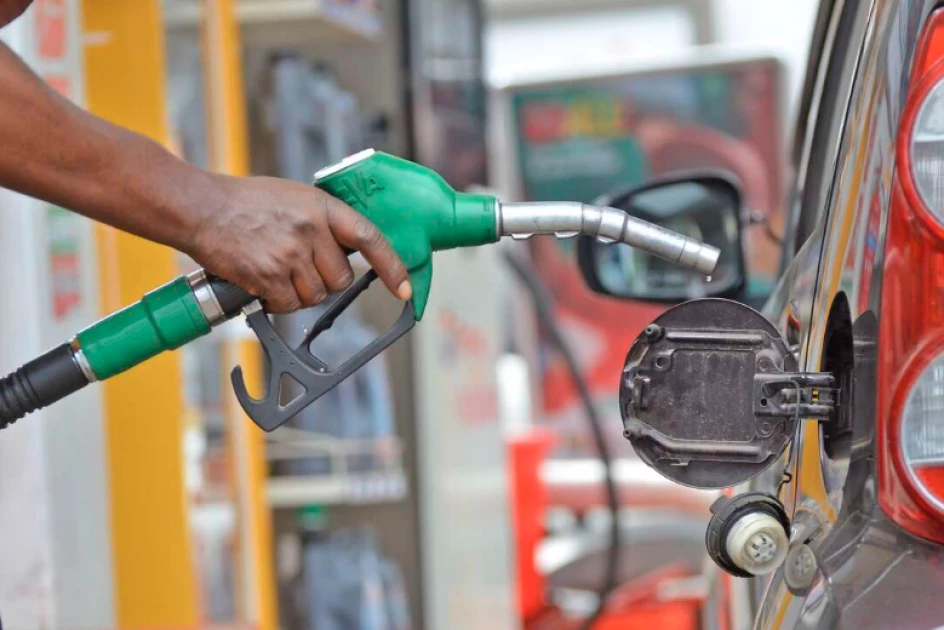Motorists and households across Kenya will have to dig deeper into their pockets following a fresh hike in fuel prices, which took effect from July 15 and will last until August 14, 2025. The Energy and Petroleum Regulatory Authority (EPRA) has reviewed the prices upward by Sh8.99 for petrol, Sh8.67 for diesel, and Sh9.65 per litre of kerosene.
In Nairobi, a litre of Super Petrol now retails at Sh186.31, diesel at Sh171.58, and kerosene at Sh156.58. In Kisumu, the revised pump prices are Sh186.15 for petrol, Sh171.78 for diesel, and Sh156.83 for kerosene. Mombasa, which traditionally enjoys slightly lower prices due to its proximity to the port, now sees petrol at Sh183.02, diesel at Sh168.30, and kerosene at Sh153.29.
Nakuru and Eldoret are also affected. In Nakuru, petrol retails at Sh185.33, diesel at Sh170.97, and kerosene at Sh156.83. Eldoret has similar rates to Kisumu, with petrol at Sh186.16, diesel at Sh171.80, and kerosene at Sh156.83.
EPRA attributed the increases to higher international crude oil prices and a surge in global freight costs. These freight charges have risen due to disruptions along the Strait of Hormuz a key maritime passage between Iran and Oman following a spate of attacks on shipping vessels.
Approximately 20% of global oil and LNG trade passes through the Strait daily. Recent security concerns have forced shipping companies to take longer, costlier routes, significantly increasing bunker fuel prices by as much as 15% over the last two weeks.
Agayo Ogambi, CEO of the Shippers Council of Eastern Africa, warned that the situation could worsen. “We expect emergency fuel surcharges due to the rapid rise in bunker prices. Very tough times lie ahead,” he said.
The new fuel prices also incorporate a 16% VAT as mandated by the Finance Act 2023 and Tax Laws (Amendment) Act 2024, along with excise duties adjusted for inflation.
Consumers should brace for further economic pressure as transport and production costs are likely to increase, cascading across sectors.

